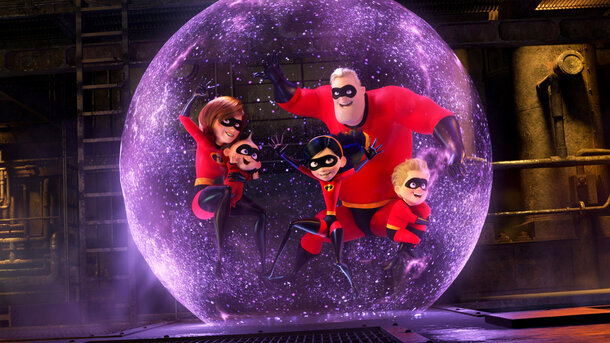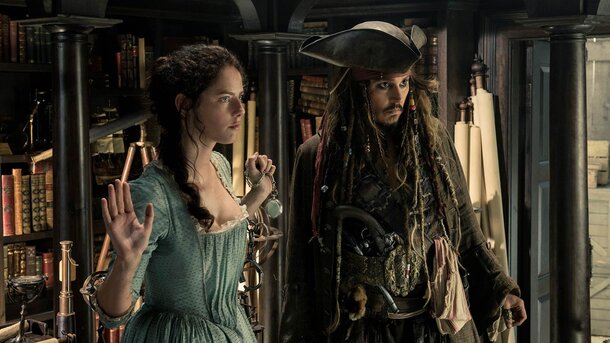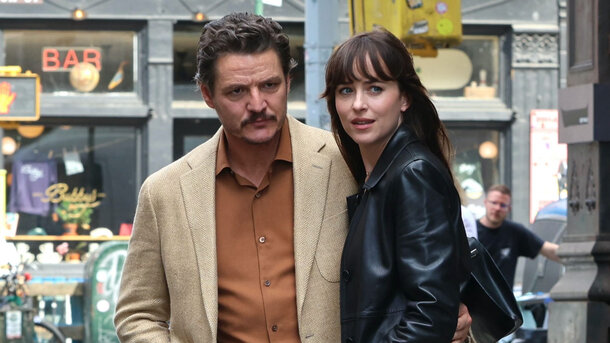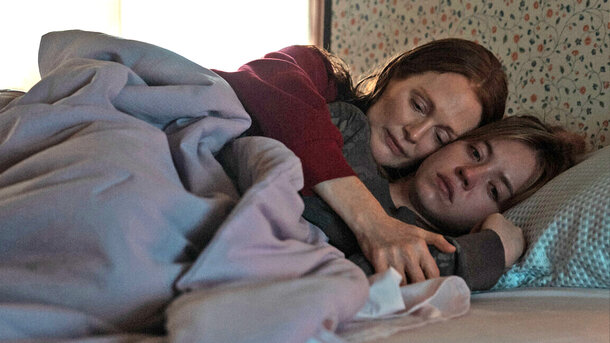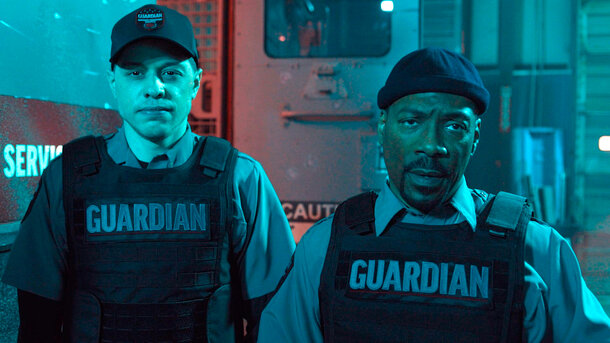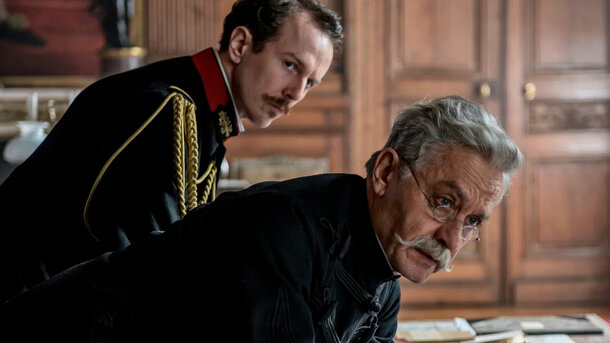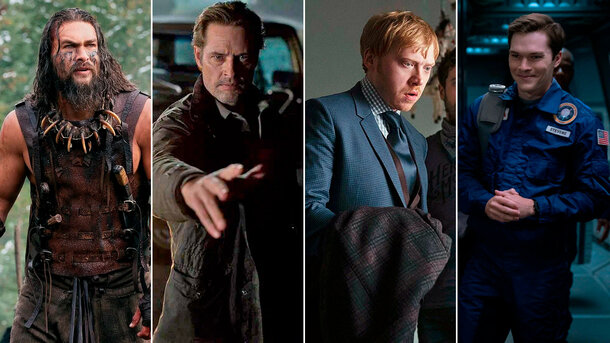Wes Anderson has spent nearly three decades building one of the most recognisable cinematic styles in modern film — a world of precise framing, nostalgic palettes, and characters who are as emotionally repressed as they are impeccably dressed. But how do his films actually rank when we turn to the numbers? Using IMDb ratings and Rotten Tomatoes scores, we’ve assembled a data-driven look at all 13 of Anderson’s feature-length works, from beloved favourites to his more divisive experiments.
1. Fantastic Mr. Fox (2009)
IMDb: 7.9 / RT Critics: 93% / RT Audience: 85%
A stop-motion adaptation of Roald Dahl’s children’s story, this film is pure Anderson: playful, precise, and surprisingly poignant. George Clooney voices a wily fox navigating family life and farmer feuds. Critics and audiences agree — it’s a near-perfect blend of charm and control.
2. The Grand Budapest Hotel (2014)
IMDb: 8.1 / RT Critics: 92% / RT Audience: 86%
A caper wrapped in a memory within a storybook. Ralph Fiennes dazzles as concierge Gustave H., racing through a pastel-tinted Europe on the brink of war. A high point of Anderson's narrative and visual ambition.
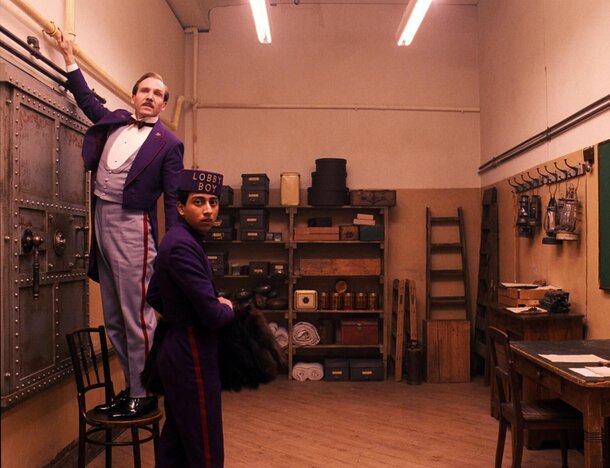
3. The Royal Tenenbaums (2001)
IMDb: 7.6 / RT Critics: 81% / RT Audience: 89%
A melancholic masterpiece about a dysfunctional family of former prodigies. Gene Hackman shines in one of Anderson’s most emotionally resonant works. Still cited by many as his most culturally influential film.
4. Rushmore (1998)
IMDb: 7.6 / RT Critics: 90% / RT Audience: 91%
Jason Schwartzman and Bill Murray anchor this coming-of-age classic — witty, weird, and full of adolescent longing. With a killer soundtrack and deceptively deep heart, it helped define indie cinema in the late ’90s.
5. Moonrise Kingdom (2012)
IMDb: 7.8 / RT Critics: 93% / RT Audience: 86%
Young love, island storms, and Scout uniforms collide in this nostalgic tale of rebellion and innocence. Shot on Super 16mm and filled with warmth, it’s one of Anderson’s most heartfelt films.
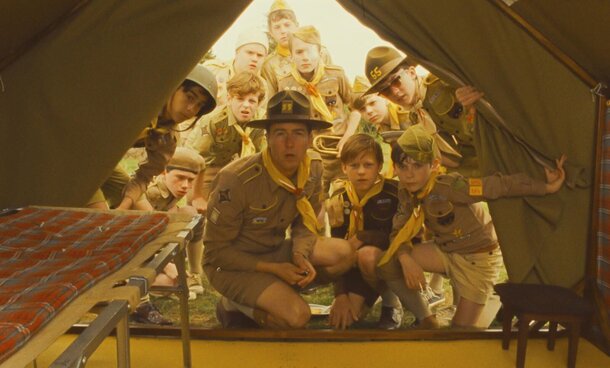
6. The Wonderful Story of Henry Sugar (2023)
IMDb: 7.3 / RT Critics: 96% / RT Audience: 75%
At just 37 minutes, this Roald Dahl adaptation packs visual invention and narrative flair into a brief, but rich, theatrical experience. Fourth-wall breaks, long takes, and stylised staging make it uniquely cinematic.
7. Isle of Dogs (2018)
IMDb: 7.8 / RT Critics: 90% / RT Audience: 87%
Set in a dystopian Japan where dogs are banished to Trash Island, this stop-motion adventure mixes satire, politics, and loyalty. Visually stunning and narratively dense, it remains divisive but respected.
8. Asteroid City (2023)
IMDb: 6.7 / RT Critics: 75% / RT Audience: 60%
An alien lands, a play unfolds, and grief lurks beneath retro sci-fi aesthetics. Initially seen as overly mannered, this may be Anderson’s most philosophical film — rewarding on second (or third) viewing.
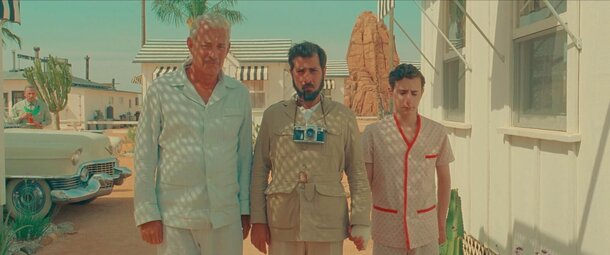
9. The Darjeeling Limited (2007)
IMDb: 7.2 / RT Critics: 69% / RT Audience: 72%
Three brothers reconnect on a train across India. While sometimes dismissed as slight, it’s a quietly personal film about grief, family, and spiritual dislocation — with a lush soundtrack and some of Anderson’s most intimate moments.
10. The French Dispatch (2021)
IMDb: 7.1 / RT Critics: 75% / RT Audience: 65%
A cinematic tribute to The New Yorker, this film is a kaleidoscope of shifting styles and vignettes. Densely packed and technically dazzling, though some found it emotionally distant and structurally overstuffed.
11. The Life Aquatic with Steve Zissou (2004)
IMDb: 7.3 / RT Critics: 62% / RT Audience: 82%
Part homage, part oddity. Bill Murray’s oceanographer leads a revenge quest that’s alternately hilarious and heartbreaking. Critics were unsure, but it has since earned a devoted cult following.
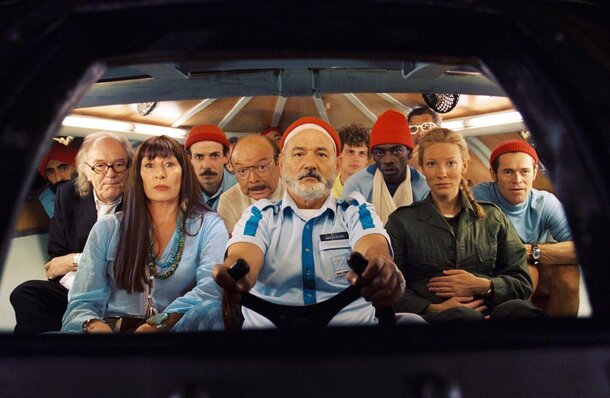
12. Bottle Rocket (1996)
IMDb: 6.9 / RT Critics: 85% / RT Audience: 79%
Anderson’s debut is rougher around the edges, but charming in its simplicity. The Wilson brothers’ debut as hapless would-be criminals hinted at the quirky greatness to come.
13. The Phoenician Scheme (2025)
IMDb: 6.3 / RT Critics: 64% / RT Audience: 58%
His latest film may be his most divisive. A story of redemption in 1950s Europe, beautifully shot but emotionally muted. Some say it’s form over feeling — others see it as a puzzle yet to be unlocked.
While not every film ranks equally, the overall picture is one of consistency and craft. Whether you're drawn to foxes and trains or grief and symmetry, Anderson’s universe remains one of the most distinct in modern cinema — a place where even the lowest-rated entry still looks like a miniature painting and sounds like a Kinks B-side.


